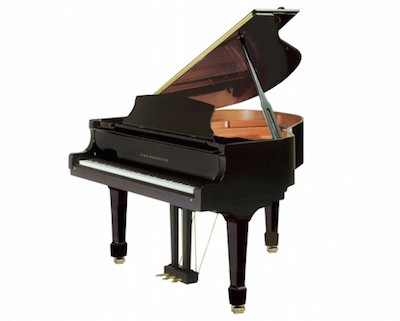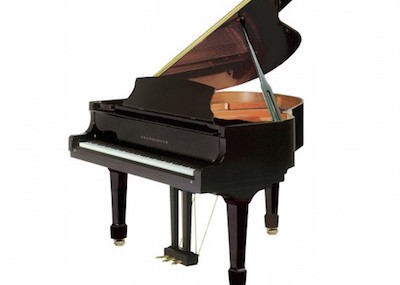Thinking of starting up a piano teaching business? As a teacher, the piano you choose will need more care than one that sits in your home and is played as you find the time. Not only are you teaching another how to play the notes and hear the music, you’re also teaching them how to love and care for music for the rest of their lives. If you don’t have a great instrument for them to learn and grow with, they may never have a true desire to continue on.
The first step is selecting the best piano possible.
Whether new or used, the piano you teach with should be at its optimal level all the time. Quality is key for each of your clients to touch, see, feel and hear the music being produced, and be able to pick up the nuances as you guide and coach them.
Depending on the playing ability of each student, you should also be willing to add in different opportunities for playing. Can your students play on both vertical and grand pianos? Do you have a digital piano available? Can they hear pianos played in different acoustics? Students will come in with different desires, different dreams. What are you willing to teach?
Once you have your pianos in place, it’s equally important to keep them in top condition. Because of the amount of time your piano will be in use, and because ear training is an important part of any musical education, your piano may require more regular tunings than other pianos. Instead of scheduling tunings on a yearly basis, or simply when you have time, it may benefit you to work with a regular tuner who comes to know and understand your piano. He will better understand the working environment and be able to make suggestions along the way.
While regular tuning is important, you may periodically have to adjust the mechanical parts to compensate for the effects of wear. Regulation involves three systems – the action, trapwork and damper.
The action takes the power of the fingers on the keys and transfers it to the hammers that strike the strings. This action requires adjustment to properly respond to a pianists performance. Because the action goes out of adjustment slowly over time, you may not notice it in the beginning. But it will impact performance. A smooth action provides the opportunity for a better playing musician.
The trapwork includes the levers, dowels and springs that connect pedals to the action. The damper is the mechanical part of the piano that stops the motion of the strings and controls the keys and pedal system. If either is sluggish or isn’t keeping up with demand, it can impact a performance over time.
Along with regular tuning, regular maintenance and inspection should be included to guarantee your piano is in top shape, no matter if your students are practicing, or getting ready for a performance, or for the audition that may change their lives. To work with a regular technician allows them to get comfortable with your piano, make suggestions and recommendations along the way, and help you keep your piano in top working condition all year through.
How can we help your piano teaching business?


